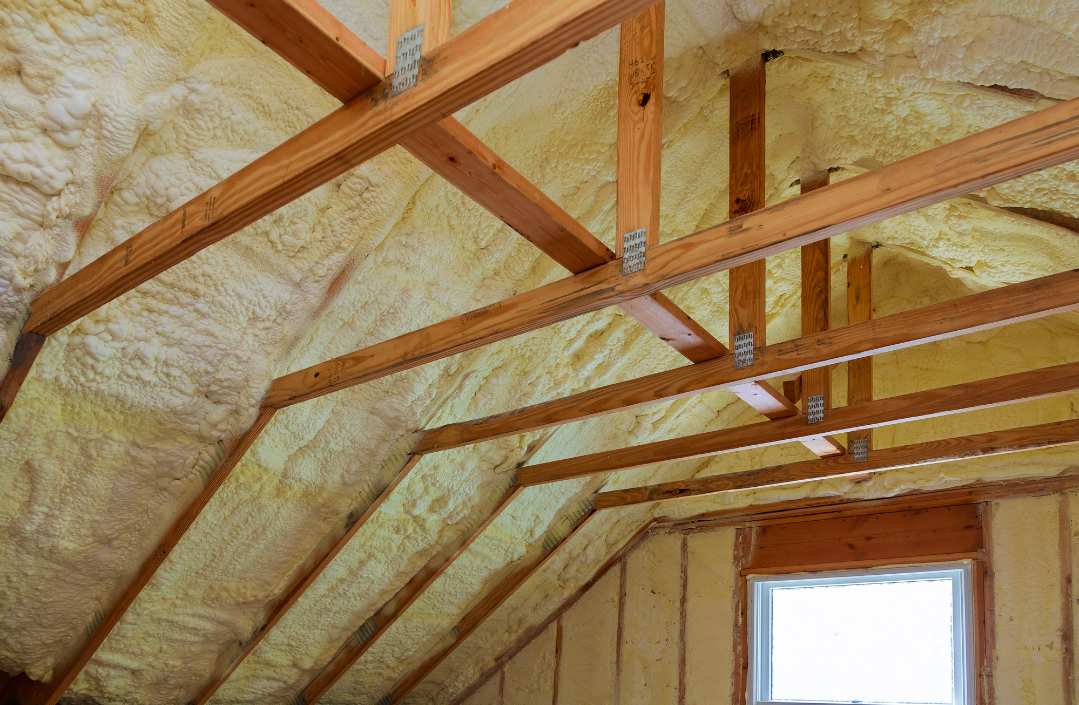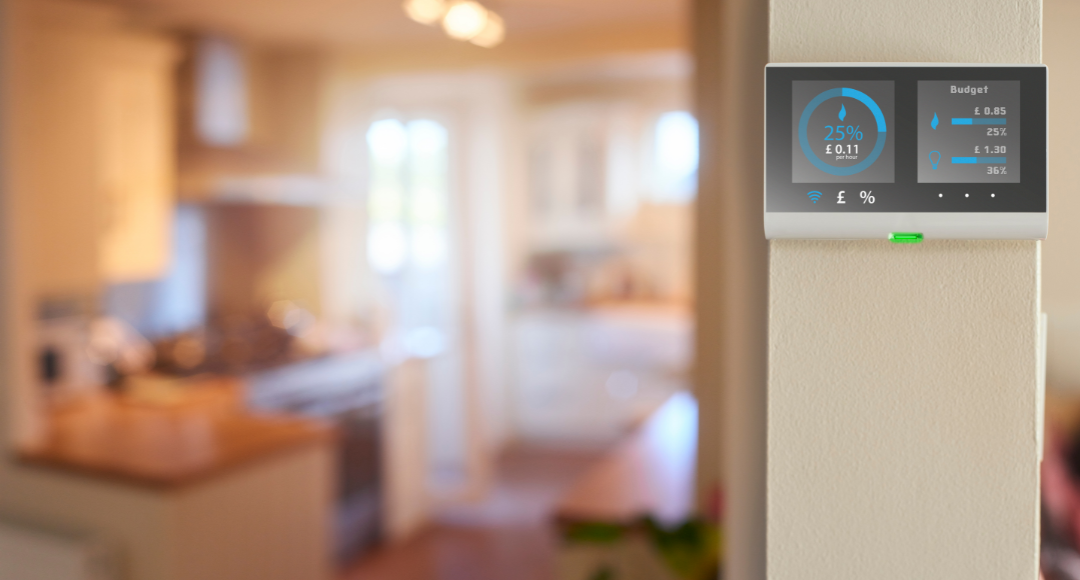
In today's world, sustainability has become an essential focus for homeowners who want to minimize their ecological footprint while saving money. Transitioning to a more sustainable lifestyle doesn't have to be expensive or overwhelming. In fact, there are plenty of practical and affordable steps you can take to make a positive impact on the environment. This blog post will guide you through some actionable tips and ideas for incorporating sustainable practices into your daily life as a homeowner.
Energy-Efficient Lighting
Switching to energy-efficient lighting is a simple and cost-effective way to reduce your energy consumption. Replace traditional incandescent bulbs with compact fluorescent lamps (CFLs) or light-emitting diodes (LEDs). These options consume significantly less energy, have a longer lifespan, and emit less heat, helping you save both energy and money.
Consider installing motion sensors or timers in rooms that are frequently unoccupied, such as bathrooms or laundry rooms. This way, lights will automatically turn off when no one is present, maximizing energy savings.
Reduce Water Usage
Conserving water is crucial for sustainable living. Install low-flow showerheads, faucets, and toilets to minimize water waste without compromising functionality. Fix any leaks promptly and consider collecting rainwater for outdoor irrigation purposes.
Capture and reuse graywater from activities like dishwashing or laundry to water your plants. With proper filtration systems, you can safely repurpose this water, minimizing waste and reducing your reliance on freshwater sources.

Sustainable Landscaping
Transforming your yard into an eco-friendly space is both aesthetically pleasing and environmentally responsible. Use native plants that require less water and maintenance, reducing the need for chemical fertilizers and pesticides.
Implementing composting techniques can also help reduce waste and enrich your garden soil naturally. Create a composting area in your yard to recycle kitchen scraps, yard trimmings, and fallen leaves. Use the resulting nutrient-rich compost to fertilize your plants naturally, eliminating the need for chemical fertilizers.
Efficient Insulation
Proper insulation is essential for energy efficiency in your home. Ensure your walls, attic, and windows are well-insulated to prevent heat loss during the winter and keep your home cooler in the summer. This will help you save on heating and cooling costs while reducing your carbon footprint.
Invest in weatherstripping for doors and windows to prevent drafts and heat loss. This simple and affordable solution can significantly improve your home's insulation and energy efficiency.

Renewable Energy Sources
Consider installing solar panels on your roof to generate clean, renewable energy. While the initial cost might seem high, solar energy systems can provide substantial long-term savings on your electricity bills.
If solar panels aren't feasible for your home, consider installing a solar water heater. It uses the sun's energy to heat your water, reducing your reliance on electricity or gas-powered heaters.
Reduce, Reuse, Recycle
Adopting the three Rs—reduce, reuse, and recycle—is a cornerstone of sustainable living. Minimize waste by purchasing products with minimal packaging and opting for reusable alternatives like cloth bags, water bottles, and food containers. Set up a recycling system in your home and compost organic waste to divert it from landfills.
Repurpose old furniture or household items instead of discarding them. With a little creativity, you can turn an old dresser into a stylish storage unit or transform glass jars into decorative containers.

Energy-Efficient Appliances
When replacing old appliances, opt for energy-efficient models with a high Energy Star rating. Energy-efficient refrigerators, washing machines, and dishwashers use less electricity and water, helping you save money on utility bills in the long run. Remember to unplug electronics and appliances when not in use to avoid phantom energy consumption.
Opt for energy-efficient cooking methods like using a slow cooker or pressure cooker. These appliances use less energy compared to conventional ovens and stovetops while still delivering delicious meals.
Green Cleaning
Switching to eco-friendly cleaning products not only reduces exposure to harmful chemicals but also minimizes environmental impact. Use natural alternatives such as vinegar, baking soda, and lemon juice for cleaning purposes. You can also make your own cleaning solutions to save money and reduce plastic waste.
Make your own natural air fresheners by simmering water, citrus peels, and herbs like lavender or rosemary on the stove. This not only freshens your home but also eliminates the need for synthetic air fresheners that can contain harmful chemicals.
Smart Thermostats and Home Automation
Investing in a programmable or smart thermostat allows you to regulate your home's temperature efficiently. Set temperature schedules based on your occupancy patterns to reduce energy usage when you're away or asleep. Embrace home automation to control lighting, appliances, and heating/cooling systems, optimizing energy consumption and reducing waste.
Install smart power strips that automatically cut off power to devices in standby mode. This eliminates phantom energy usage and helps reduce your electricity bill.

Community Engagement
Engage with your local community to exchange ideas and resources for sustainable living. Participate in local initiatives, such as community gardens, food co-ops, or neighborhood clean-up campaigns. Collaborating with like-minded individuals will not only inspire you but also foster a sense of shared responsibility for a sustainable future.
Host a neighborhood swap meet where residents can exchange clothes, books, or household items they no longer need. This promotes resourcefulness, reduces waste, and builds a stronger sense of community.
Sustainable living as a homeowner doesn't have to break the bank. By implementing these practical and affordable tips, you can make significant strides towards a greener and more eco-conscious lifestyle. Start small, adopt one change at a time, and gradually incorporate sustainable practices into your everyday life. Together, we can create a sustainable future for ourselves and future generations.
Posted by Infinity Admin on
Leave A Comment